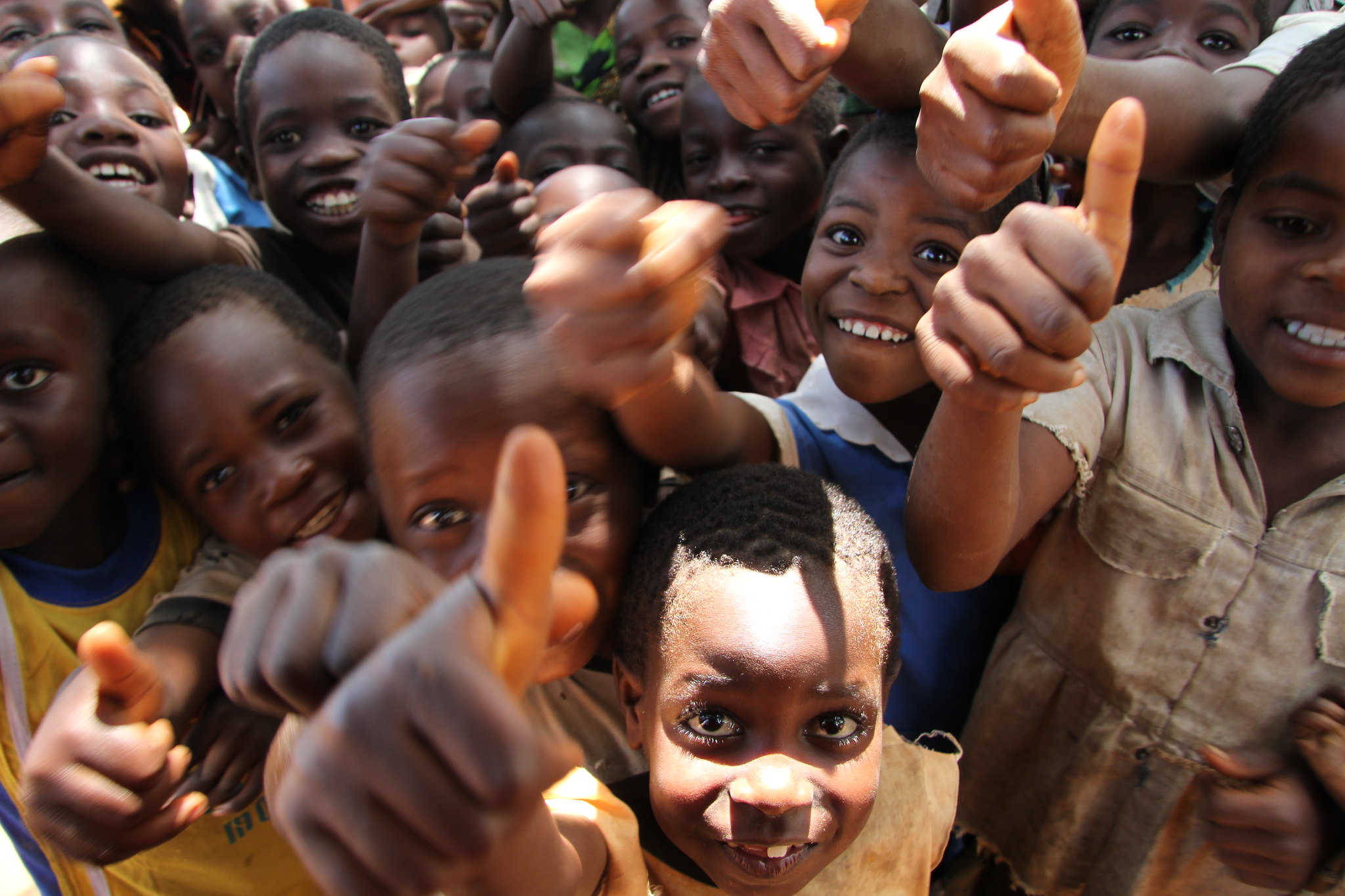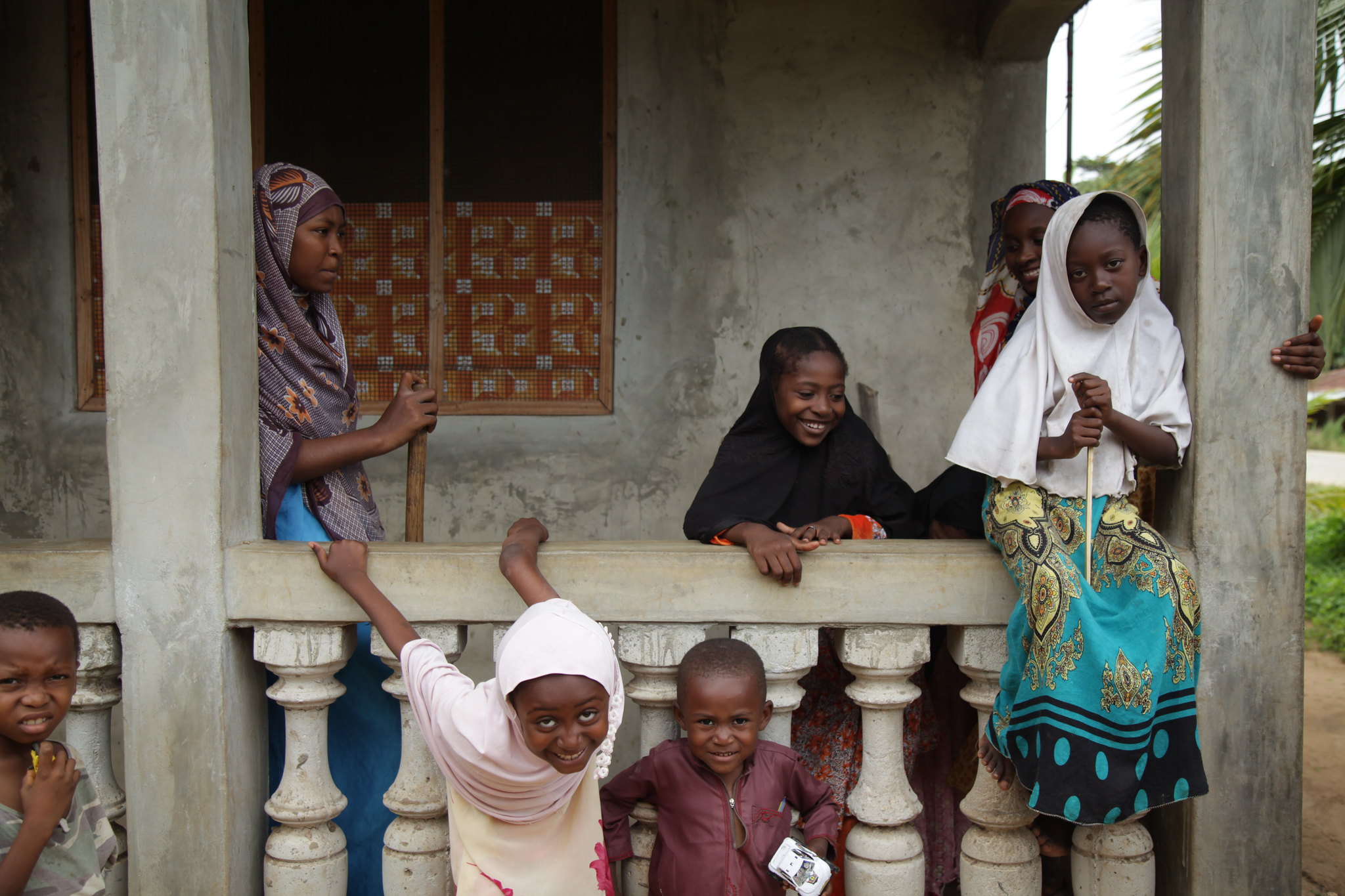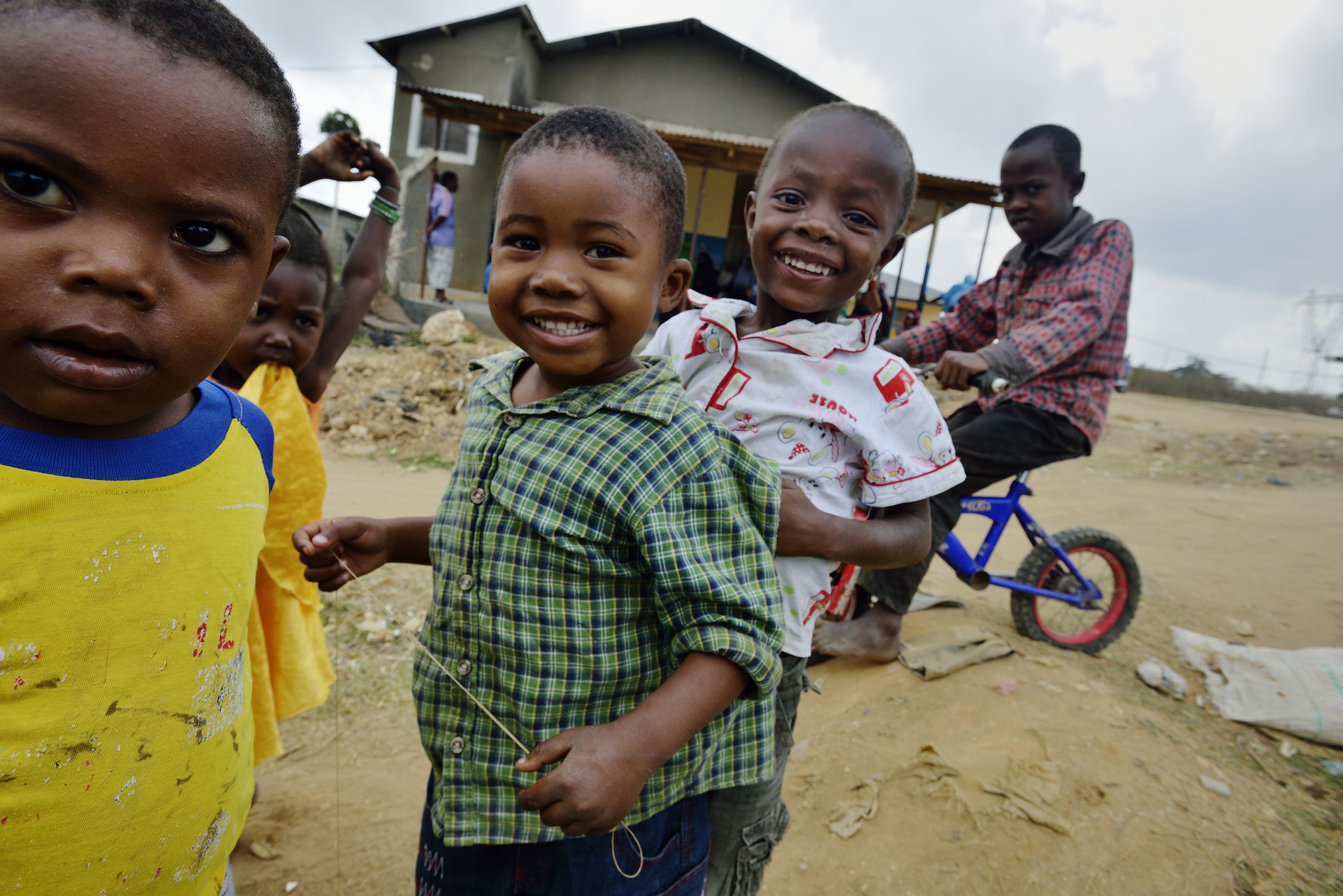
Investing in early childhood development is one of the best investments a country can make to boost economic growth, promote peaceful and sustainable societies, and eliminate extreme poverty and inequality. Equally important, investing in early childhood development is necessary to uphold the right of every child to survive and thrive. Today on World Health Day, we want to share our approach to this important area within global health.
We increased our focus on early childhood development in 2022, and this work continues this year. Through building on our existing partnerships and digital solutions, we want to help parents better connect with their children through play and communication. Early childhood development sets the foundation for children’s lifelong learning, behavior and health. During the early years of life, their brains undergo significant development, and experiences in this period have a lasting impact on a child’s physical, cognitive, and socio-emotional wellbeing.

Our approach to achieving long-lasting and sustainable impact in the area of early childhood development are:
Integration of early childhood development support into national systems
Integrating early childhood development into existing maternal and child health interventions will be key for sustained impact. Through working with service providers, such as Community Health Workers, we can relatively easily add early childhood development resources and perspectives to their work. Strengthening the capacity of government actors should also be central to national interventions to improve early childhood development.
Together with the Ministry of Health in Zanzibar, we are integrating essential information and educational content into Jamii ni Afya, the national digital community health program connecting every household to community health volunteers. The information guides the community health volunteers in educating and encouraging parents about purposeful play and communication and informs them about key developmental milestones for their children and how to reach them.
Similarly, in mainland Tanzania, our vision is to integrate early childhood development services into the existing national health system, especially at the community levels. Our project is at the stage of gathering system requirements and we plan is to have the complete system ready by October this year.
A holistic approach to measuring impact
We welcome the World Health Organization’s new holistic way of measuring early childhood development, the Global Scales for Early Development (GSED). The new methodology will allow for a comprehensive assessment of the development of young children up to 36 months, capturing cognitive, socio-emotional, language and motor skills. The framework provides a developmental score called D-score which is a new common unit to measure development, to give an overall picture of children’s development which can be tracked over time.
At D-tree, we apply a similar approach to our programs. During home visits, Community Health Volunteers and Workers assess children’s development by observing their play and communication behaviors, including cognitive, socio-emotional, language and motor skills.
Use of data and digital to improve early childhood development support and service delivery
In the same way we leverage data and digital to improve public health outcomes in general in our geographical focus areas, there is great potential to leverage this specifically for early childhood development.
In Zanzibar, we are expanding the use of the Jamii ni Afya app to also include early childhood development content, allowing Community Health Volunteers to coach and counsel parents on play and communications, as well as screening babies and children for developmental delays and refer to a health clinic for early intervention if necessary.

All these three approaches are central to our work in early childhood development. Children who receive adequate nutrition, stimulation and care during their early years are more likely to thrive later in life. At D-tree, we believe that investing in early childhood development can yield significant returns, not only in terms of individual wellbeing but also in terms of economic and social development. It is not until all parents and children have the same access to health information we can achieve health for all.
Follow us on Twitter and LinkedIn to stay up to date about our work!
